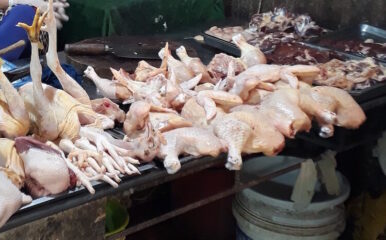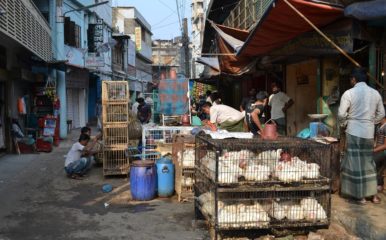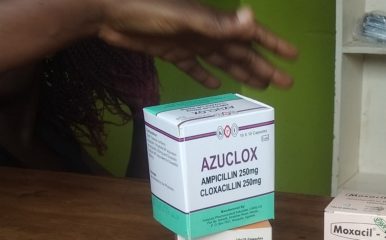
Seeking connections and the consequences of what people do
Published on 14/07/2022
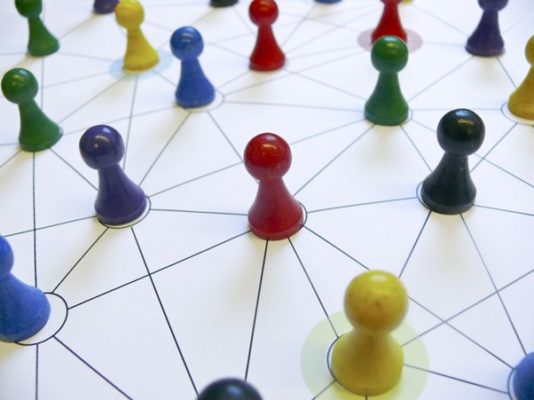
PxHere
 This blog focuses on the ZOODLE word ‘ROLES’
This blog focuses on the ZOODLE word ‘ROLES’
Recognising the vital connections between plants, humans, animals and their environment is at the core of One Health. Few places is this connection more integral to investigations than in the study of existing and emerging zoonotic disease risks. These, by definition, stem from infectious diseases making the jump between animals and humans.
It is for this reason that understanding what people do, what brings them into certain kinds of contact with poultry and why, is an integral part of the One Health Poultry Hub’s investigations.
But how can one really identify what is important when it comes to the many diverse people and relationships that play a part in disease transmission and – even more tricky – in the potential zoonotic diseases that have yet to emerge?
Bring on the Social Science team!
They’ll be able to spot risky practices and then we can just tell whoever is doing it to stop – right?
Risk and responsibility
Alas, nothing is that simple. So, what do we look at when exploring human involvement in zoonotic risk, and where does responsibility for the risky practices we can observe actually lie?
This is where ‘roles’ meet ‘context’. Rather than seeking to identify individuals and their specific actions that might lead to disease risk, it is important to put the specific practices undertaken by people producing and trading poultry within the context in which they are operating. Also, to consider them alongside other actors, businesses and institutions within their sector.
In brief, we need to look not at fixed individuals, rigidly assigning them roles we can develop interventions around.
Instead, there is cause to focus on shifting roles and connections between people to understand why they might do certain things at a given time. In doing so, we are able to use our field data to discuss patterns, flows, connections and disruptions that take place not on the individual level, but across a group or society as a whole.
Understanding power structures
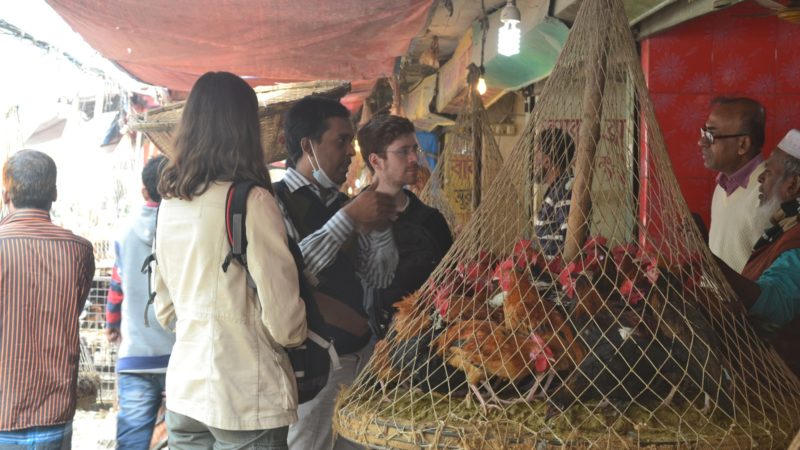
Approaching fieldwork and interviews with this perspective in mind, team members aim to identify practices of epidemiological significance and, vitally, the larger systems and relationships that inform them. For example, while capturing specifics on farms around the use of antimicrobials, the presence or absence of biosecurity measures and the use of poultry vaccinations, the team seeks to understand the social and economic patterns and the power structures influencing what they see.
This is all done to ensure we are analysing data in such a way that we can ultimately help contribute to future interventions within risky environments – a necessary focus as diseases linked to poultry production, such as highly pathogenic avian influenza, are endemic in the countries where we work, and previous attempts at intervention have had limited or no impact.
Finance and risky practices
So, where do we begin? So far, our work has revolved around the shared emphasis that respondents have placed on their need to make a living and stay afloat (and how difficult that can be). By exploring the financial arrangements and relationships that respondents are engaged in to maintain their poultry businesses we have been able to identify what roles different people play and how their presence or absence from poultry production and distribution shapes the practices of other people around them – ultimately influencing how poultry is bought, raised, traded and sold to consumers across our field sites.
For example, we’ve seen how credit dependencies at farm level have led farmers in Bangladesh to seek medical diagnoses and interventions from feed dealers instead of vets. This is a common practice that could certainly be described as ‘risky’ and highlights the significance of the role of feed dealers (many of whom are also farmers themselves).
Feed dealers
This tells us that interventions here would only work if they can be applied through, or circumnavigate, the influence these dealers have on credit for farmers in the region. It also highlights how those we might categorise as feed dealers are really much more than they might seem at first, often taking on the role of farmer, vet, drug dealer and credit provider all at once.
By exploring the different roles and associated practices of people working in the poultry sector across our sites, we are reminded to ask the big questions; to take a step back from the data so we can try to understand why the actions taking place in a single market or farm matter in discussions about national or global disease risk.
The work encourages us to ask where the power resides that contributes to the choices available shaping decision making at an individual level. Understanding this should provide a clearer sense of the real contexts in which interventions are being introduced – and identify what really needs to change to disrupt practices associated with disease risk.

